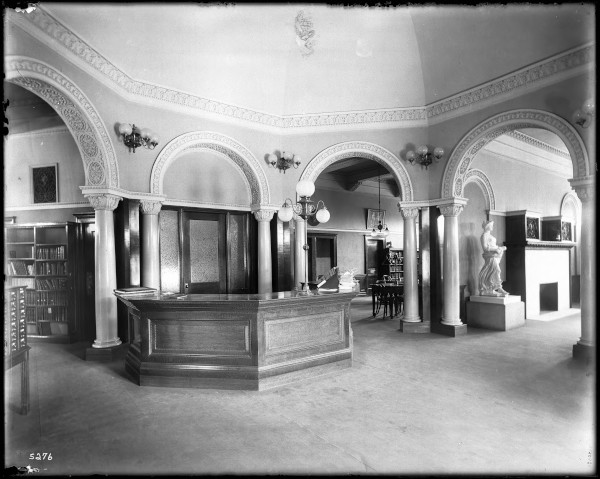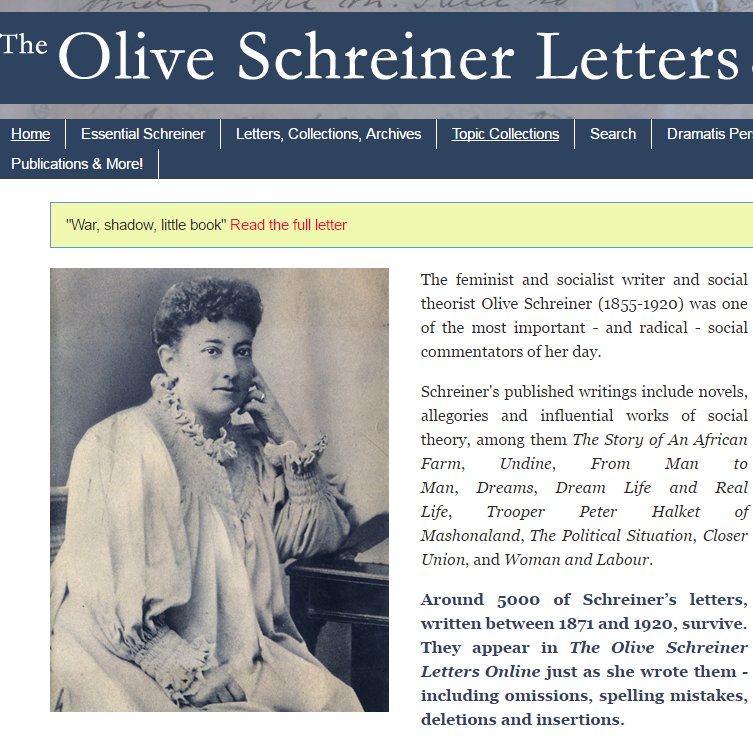"In a world of self-dealers, knaves, and charlatans, effective public service is essential. This is Volcker’s central message, and he has embodied the role of the competent, non-conflicted public servant."
I happened upon a review of Keeping At It, a book by Paul Volcker. Given that we seem to be surrounded by scoundrels, it is good to read about someone who is not one. It is likely that most of us won't tackle the book, partially because there are pages in it that deal with highly technical monetary policy issues. On the other hand, from the reviews, I spotted data that even I can understand and I provide some of them below. For example, if you are worrying about your mortgage rate millimetering slightly upward consider that the U.S. prime lending rate a few years back was 21.5%. That percentage is high when applied to lending rates. It seems low though when it is suggested that fewer than 20% of Americans trust the government. I have gathered some of the reviews to encourage us all to have a look at the book.
In an attempt to raise the level of public trust in government, Volcker started the Volcker Alliance. Information about it is provided at the bottom of this bibliography.
1. This is how the Chief Economics Commentator, Martin Wolf, begins his review of Keeping At It: “Paul Volcker is the greatest man I have known. He is endowed to the highest degree with what the Romans called virtus (virtue): moral courage, integrity, sagacity, prudence and devotion to the service of country.” “Keeping At It” , Financial Times, Oct. 29, 2018. (subscription required)
2. Paul Volcker’s Wisdom for America’s Rigged Economy, John Cassidy, New Yorker, Nov. 26, 2018.
“Keeping at It,” which is published by PublicAffairs, is also refreshingly subversive, and packed with the sort of perspective that only age can bring."
"The analysis is an unsparing one. “We embarked on long, unnecessary and ultimately unwinnable wars far from home,” Volcker writes. “We failed to recognize the costs of open markets and rapid innovation to sizable fractions of our own citizenry. We came to think that inventive financial markets could discipline themselves. We underestimated how much the growing size, economic weight, and ambitions of other countries, most critically China, would come to upset the easy assumption of America’s unique global reach.”
"This is a lengthy indictment. In narrowing it down, Volcker analyzes recurring failures at the top of major corporations, banks, public-sector bodies, and universities. The common factors he identifies are self-dealing, shortsightedness, and a lack of public-mindedness.
“...his book amounts to an amicus brief in favor of the argument that large swaths of the economy have been rigged for the benefit of affluent insiders, and so has the political system."
"During the nineteen-eighties and nineties, Volcker, who identifies himself as an Independent, fought a losing battle to maintain the Depression-era regulations that separated commercial banks from investment banks. After the great financial crisis of 2008–09, he led an effort to restore some narrower restraints on Wall Street’s risk taking."
"Even the folks who run Princeton, his alma mater, aren’t spared criticism. Commenting on their management of the Woodrow Wilson School of Public and International Affairs, where he has taught on occasion, Volcker writes, “A great university simply has not risen to the challenge of effective education for public service.”
"In a world of self-dealers, knaves, and charlatans, effective public service is essential. This is Volcker’s central message, and he has embodied the role of the competent, non-conflicted public servant."
3. A Warning From the Saviour of Free Markets," Ed Conway, The Times, Nov. 25, 2018
(subscription required). "Paul Volcker will never be a household name but we badly need more technocrats like him.
Who is the most influential political figure alive? The Queen? Henry Kissinger? Donald Trump, Bill Gates or the Google founder Larry Page? Wrong. It’s Paul Volcker.
Some of you may not have heard of this 91-year-old American but it is hard to think of another living person who has had more influence on the world today."
4. "Paul Volcker Took On Lots of Challenges. I Was One of Them," Albert R. Hunt, Bloomberg. Oct. 31, 2018.
"Any list of the 10 most valuable U.S. public servants over the past half-century would include Volcker, who started in the administration of President John F. Kennedy and finished with President Barack Obama."
"His book, written with Christine Harper, editor of Bloomberg Markets magazine, is full of insights on the central role he played in most of the great economic challenges since the 1960s. Volcker’s prescience and patience prevented several cataclysms."
“Money is directed toward shaping public policy and laws to benefit special interests.” He says that academic institutions, including Princeton, are doing a poor job preparing students for government service."
5. "In 'Keeping at It,' Paul Volcker Pulls No Punches, Alan Murray, Fortune, Oct. 30, 2018.
[On the need for the Chairman of the Fed. to be cagey:]
"But at the last minute, just before getting into his limousine, Volcker turned and began to speak. We all put our pens to paper. “We did what we did,” he said. “We didn’t do what we didn’t do. And the result was what happened.”
Only later did I fully appreciate that such obfuscation was tactical. Once freed from the Fed, Volcker morphed into one of the world’s most blunt-spoken truth-tellers, describing the world exactly as he saw it. He became a leading crusader against global corruption—including the legal/lobbying kind practiced in Washington—and a tireless advocate of better-training for public servants as a path to better government.
"Finally, Volcker erupted, arguing that he could think of no socially valuable financial innovation since the ATM. “I mean, wake up, gentlemen. I can only say your response is wholly inadequate. I wish that somebody could give me some shred of neutral evidence about the relationship between financial innovation recently and the growth of the economy—just one shred of information.”
That’s the Paul Volcker of Keeping at It. (“I received no evidence,” he says after recounting his conference outburst.) It’s a book that deserves to be read, if only because pure public servants like Paul Volcker have become all too rare, if not nonexistent, in today’s America.
Startling Statistic From the 1980s "The prime lending rate eventually peaked at an unprecedented 21.5% and precipitated a recession, but Volcker held firm, broke the back of inflation, and saved the American economy."
6." Paul Volcker’s Guide to the Almighty Dollar," The Atlantic, Charles R. Morris, Oct. 30, 2018
"The former chairman of the Federal Reserve has three fundamental rules: stable prices, sound finance, and good government. He also does not mince words. In our conversation, he assailed the “greed and grasping” of the banks and corporate leadership, and the gross skewing of income distribution in America."
Volcker Alliance
The Volcker Alliance was founded by Volcker in 2013 with the goals of improving governance and restoring public trust in government.
From the Volcker Alliance:
"Government should be responsive to its citizens, transparent in its operations, accountable for delivering on its promises, and visibly held to the standard of robust and unbiased measures.
Public service is a high calling, and that it is critical to engage our most thoughtful and accomplished citizens in service to the public good.
Government functions best when its system of civil service is independent, stable, and staffed by civil servants who are experienced and expert in their domains.
Our public workforce and government institutions must be dynamic: designed to encourage innovation, leverage technology, and adapt to the needs of a changing nation in an evolving global context.
The performance of our government institutions depends critically on the training and education of talented public servants, and that this responsibility is shared by our government, our institutions of higher education, and by leading institutions in every sector of society.
Government must be a responsible steward of financial resources, diligent in avoiding waste, assiduous in seeking evidence to assess the effectiveness of its initiatives, and proactive in helping citizens understand the long-term sustainability of its operations."
At the Volcker Alliance you can find documents such as this one: Preparing Tomorrow's Public Service.
The report:
"Presents insights on crucial skills from nearly 1,000 rising government leaders and explores how government's managerial capacity can keep pace with the scale and complexity of government's responsibilities. Additionally, the study provides recommendations to government agencies, professional associations, and educational institutions on cultivating the most critical capacities for government service. With nearly one-third of federal career employees eligible for retirement by the end of the decade and similar workforce pressures impacting states and localities, these issues are of growing importance."



